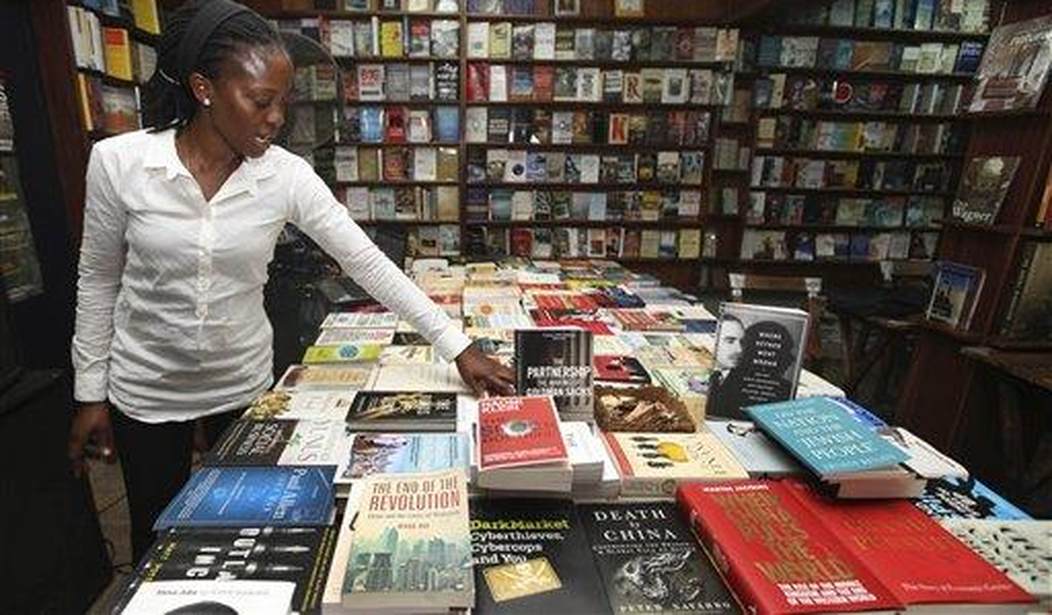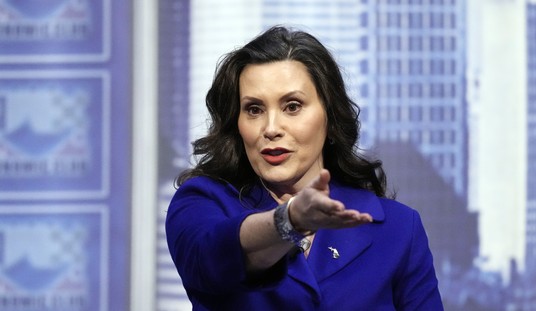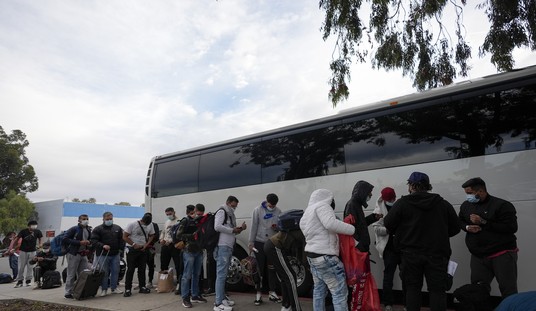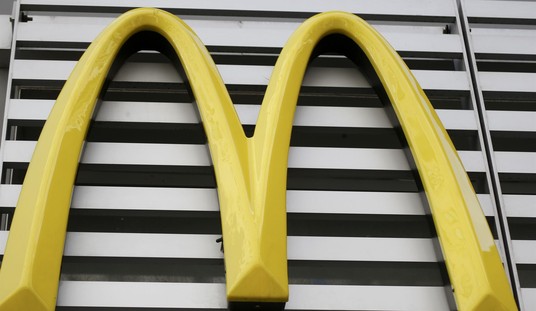In a medium that prides itself on free expression, publishing has become hesitant to sign certain voices and writers are self-censoring.
In another sign of how the intellectual elites of our culture are intent on damaging themselves in the name of virtue and social activism, the New York Times delivers an update on the state of book publishing over the past few years. The book imprints are going through something of a cultural reorganization it seems, and this shift serves as a macrocosm of our contemporary culture, one beholden to the cranks and self-appointed arbiters of propriety.
What brings about this particular study, by columnist Pamela Paul, is that she recognizes the anniversary of a watershed event in the literary industry and looks at the after-effects. It is a disturbing revelation in many ways.
Three years ago this month saw the release of the novel “American Dirt,” written by Jeanine Cummins. It was a fictional exploration of immigrants crossing the US southern border, and the advanced word on the title was such that it seemed poised to be elevated into the strata of “great American novels.” The manuscript was competed over by numerous publishers, Cummins struck a deal in the millions of dollars, and the initial critical raves were so widespread that it was assured of becoming a massive seller.
Then, just ahead of its release, the book and the author were targeted by the cancel hordes, and publishing has been altered as a result. It is a story many here are very familiar with – how a very few lone cranks on social media become elevated to cultural police, and the selective outrage somehow eclipses the mass support of a product, and then the corporate powers are shaken and their weak character leads to compliance. It is usually a response to a tiny faction that finds the proper bullhorn to sound like a far greater resistance than actually exists.
In the case of “American Dirt,” it began with a single blog post from another writer who was commissioned to review Cummins’ novel. Myriam Gurba is a published Mexican-American writer, and in her crude post on the book, she issues a number of social grievances, from the stance that the book is low grade, as well as the writer not being in the proper position to even write it in the first place. “Jeanine Cummins, wrote a book that sucks. Big time,” stated Gurga in her guttural prose. She complains that “italicized Spanish words…litter the prose, yielding the same effect as store-bought taco seasoning.” She also says the book is “sludge” and “fake-assed social justice.”
While Gurba is more than entitled to her opinions, it is amazing that this lone profane review garnered so much attention, but her complaints on both the aspects of the book and that Cummins was insufficiently Hispanic to write this type of content (she considers herself bi-racial, but since she is not Mexican it was declared a problem) found traction. Soon, more voices across the web were rising up in opposition. After Oprah Winfrey chose “American Dirt” as her Oprah’s Book Club selection, a letter signed by over 140 authors asked her to reconsider.

One needs to ask how many of these complaints were from those who had read the just-published novel, but the blowback was sufficient. The publisher blinked, Cummins’ book tour was canceled, and the fallout was braced for by many involved. What is rather telling is how all of this outrage was reserved for just the U.S. The book was popular here in the states, but it also sold millions of copies globally, and it was said that in Mexico it was warmly accepted.
But since the publication, there has been a chill, as they say, that came over the book publishing industry. While a best seller, few authors rose in defense of Cummins, or “Dirt,” fearful of becoming targeted and possibly affecting their careers going forward. Ms. Paul asserts that in the imprint houses, a change has come over the operations.
Looking back now, it’s clear that the “American Dirt” debacle of January 2020 was a harbinger, the moment when the publishing world lost its confidence and ceded moral authority to the worst impulses of its detractors. This fear now hangs over every step of a fraught process with questions over who can write what, who should blurb and who can edit permeating what feels like a minefield. Books that would once have been greenlit are now passed over, sensitivity readers are employed on a regular basis, self-censorship is rampant.
This is rather amazing on a number of levels. It has been proven time and again that these digital mobs are not only a small – usually a tiny — faction, but they are not much more influential than the online screeching and retweeting they generate. These cranks and boycotters are almost always shown to be ineffectual in the marketplace. Just look at this example; while a perceived firestorm erupted over “AmericanDirt,” the public favored it. The title topped the sales chart and was on the best-seller list for nine months.
Yet publishing has bent the knee. The irony is that currently there is the outrage, much of it inaccurate, concerning “book banning” in places such as Florida concerning the appropriateness of certain content for certain age groups. Yet, as the press and publishers resist this kind of activity, they entertain and follow the social mobs enacting their own brand of banning.
Is there any difference between schools limiting the availability of titles, and social mobs telling us that particular works are invalid? Why is a governor to blame for saying some books are wrong for students but writers telling Oprah a title is wrong for her audience is acceptable? How does an industry push back against limitations on certain works but accept the premise that certain authors are not permitted to write about particular subjects?
To see an industry that has long prided itself on defying bans and censorship now coddling the pitchfork & torches crowds regarding publications is borderline amazing to behold, and sad to consider. But just look at the paradox in play: As they deliver strong words today about banned books, their actions show they actually support that concept. The only difference is in who it is doing the complaining.














Join the conversation as a VIP Member